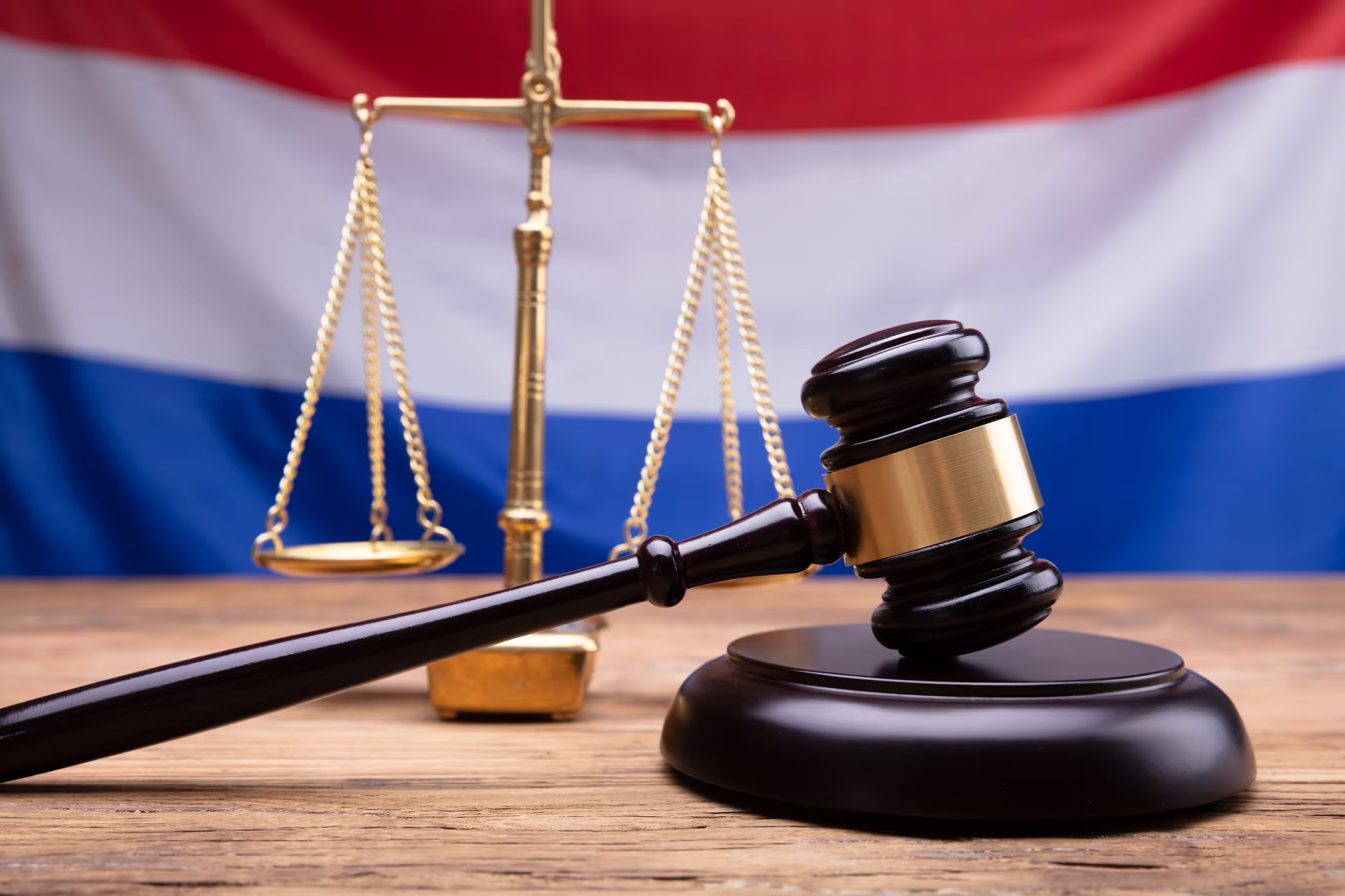

Under the influence of COVID-19, different legal practices are facing uncertainties and unknowns including the Russian Law. As a law firm with CIS practice in London, our consultant, Dmitry Gololobov, summarises the latest Russian legal news and shares his opinions on why these issues are important.
The Russian Federation continues fighting attacks of the former majority shareholders of the defunct oil company Yukos. Currently, Russia has asked a D.C. federal court to keep litigation (filed by former shareholders of Yukos to enforce $57 billion arbitral awards against RF) on hold until its appeal is resolved by the Dutch Supreme Court. The appeal was filed on 15 May by iLaw’s Dutch allied office and may be heard in a year.
In May, the claimants also seized the local rights to the Russian vodka brands Stolichnaya and Moskovskaya, owned by the Russian government in the Netherlands, Belgium and Luxembourg. Other non-commercial Russian assets abroad remain under a permanent threat of seizure until $57 billion in arbitral awards is enforced.
In 2016 the Hague District Court decided to set aside arbitral awards that tribunals had rendered in 2014 in Hulley Enterprises, Yukos Universal and Veteran Petroleum v the Russian Federation case. Earlier this year the Hague Appeal court reinstated the award.
The State Duma is to discuss a bill amending Russia’s Labour Code to the effect that it contained and regulated three types of teleworking and temporary remote work.
The types of remote work to be defined in the Labour Code are direct distant working, temporary distant working and a combination of these two types of teleworking. Thus, according to the explanatory note to the bill, it is envisaged to introduce rules governing interaction between employees and employers via electronic communications outside hours similar to those on overtime work as concerns pay.
This innovative regulation will enable Russian employees to compete more aggressively in the European and UK ‘virtual labour markets.’ Russia is becoming more and more aggressive in introducing ‘COVID-adapted’ technologies.
The Moscow City Court has dismissed a claim of relatives of victims killed in the Kogalymavia airline’s plane crash in Egypt in 2015 to increase compensation up to 460,000 rubles, their lawyer Igor Trunov has told various media.
The Airbus A321, operated by Russian airline Kogalymavia, crashed into a mountainous area of Egypt’s Sinai Peninsula on October 31, 2015, leaving 224 people dead. The airliner was flying from the Red Sea resort of Sharm el-Sheikh to St Petersburg in Russia. Russian lawyers, representing the victims, tried different legal options to obtain better settlement conditions for their clients, including attempts to litigate the case in the UK. Nevertheless, the Russian legislation and the court practice put strong limitations on the amount of compensation payable to victims of air catastrophes. This led to a very significant disparity between the payments to the families of victims. Some of them obtained more than £100,000 whilst others less than £20,000.
The Moscow City Court on Monday found ex-US marine Paul Whelan guilty of espionage against Russia and sentenced him to 16 years behind bars. Whelan is a citizen of the U.S., Canada, Ireland and Great Britain. He is the chief safety officer of BorgWarner, an American worldwide automotive industry components supplier.
Two days after Paul Whelan was sentenced to 16 years in prison, Moscow news agency Interfax reported that Paul Whelan may be traded for two Russians jailed in the US. The pair of Russians concerned are weapons dealer Victor Bout – serving 25 years – and pilot Konstantin Yaroshenko, who received a 20-year term.
Although being condemned of ‘hostage diplomacy’, Russia will evidently continue bringing charges aggressively against American citizens to reach some balance for further trades for its citizens currently held in the US jails.
Why Do These Matter?
The article highlights:
This is where expert CIS advice from experienced litigators is crucial to provide more efficient services to clients and allow successful cost optimisation.
If you would like to discuss any issues regarding CIS practice that your business might be facing, then please contact our consultant, Dmitry Gololobov on 07921 160 108 or at dmitry.gololobov@ilaw.co.uk.